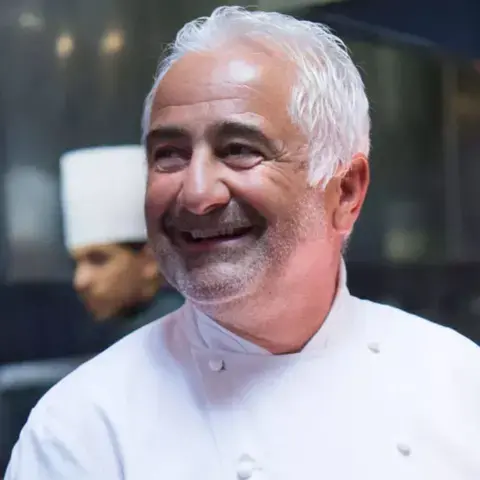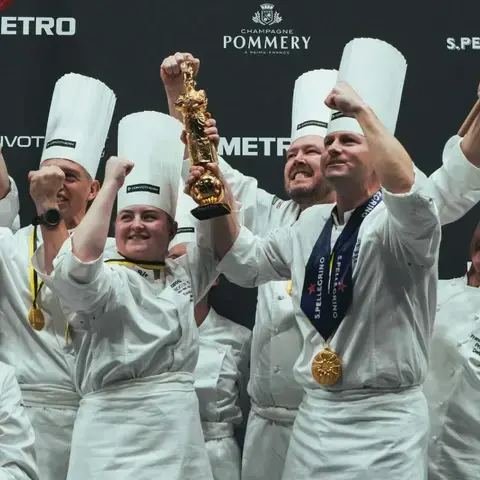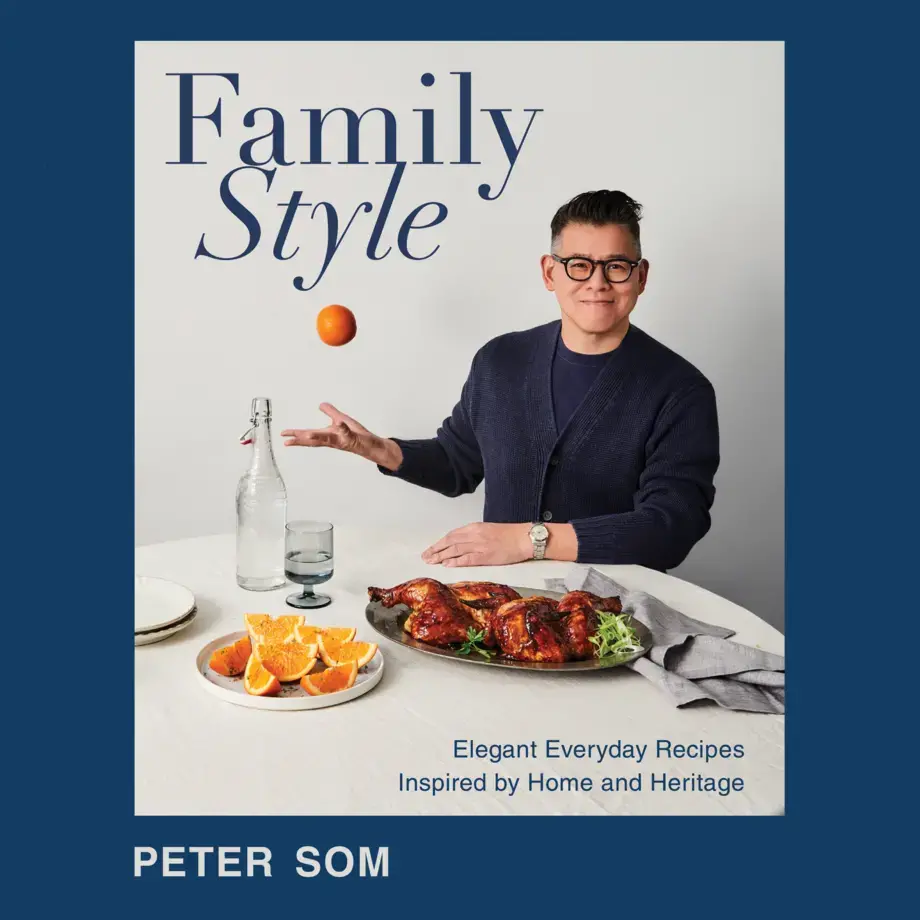Monaco became the center of the culinary world during the annual Chefs World Summit last week. From 26 to 28 November hundreds of chefs from around the world gathered in the small city-state for three days of awards and conferences.
While the award for the best chef in the world went to Michel Troisgros, there were also a number of chef led debates and discussions for industry professionals.
One such conference saw seven renowned chefs gather to discuss and advise budding young chefs on how to best prepare for culinary competitions, like Bocuse d'Or, Meilleur Ouvrier de France. The advice will also be invaluable for the finalists taking part in the international competition, S.Pellegrino Young Chef 2018.
How to Prepare for Cooking Competitions: 7 Chefs offer their Advice
1. Be patient
One of the first tips was delivered by Joseph Viola, Meilleur Ouvrier de France (MOF) and chef at Daniel et Denise restaurant in Lyon, was "learn to be patient." "We don't say that we will participate in a large-scale competition overnight," said the chef. "I was 16 years old the first time I thought that one day I would try the MOF, I was 39 when I got the title." He emphasised that such an event requires a lot of perseverance, sacrifice and effort.
The same was true of Bent Stiansen, head of the Statholdergaarden in Oslo (Norway), winner of the Bocuse d'Or in 1993. "I have to motivate very young children. At the age of 6 and at 9 I was the 'chef de cuisine' at home when my father would leave for several weeks by boat for his work."
2. Know Yourself
Christian Faure, pastry chef at Maison Christian Faure in Montreal, insisted on "knowing one's own shortcomings and knowing where one is in the business to work on one's weaknesses, "self-knowledge is the biggest challenge," said the pastry chef.
3. Self-Sacrifice
Christophe Bacquié, two-star chef of the Hotel du Castellet, and local jury member in S.Pellegrino Young Chef 2018 also won the title of Meilleur Ouvrier de France in 2014. He stressed the commitment required to prepare for competitions like MOF: "Competition preparation should not impact the work of a young chef in a brigade, he has to train outside of his hours at the restaurant," he insisted. "In that case, sleeping is almost a waste of time."
4. Picking the right competition
Pastry chef Christian Faure also advised young people to choose their competition. "We do not get into the MOF contest at 19 unless we're a prodigy," he insists. "You have to sort according to the age, the scope of the competition and go slowly."
3. Learn to manage stress
Participating in large-scale competitions like the MOF or the Bocuse d'Or can be stressful, even for the best chefs in the world. To avoid being destabilized, Christian Faure recommended that young people put themselves under duress in order to control their nerves better during D-Day. "I knew that I had mastered my subject but I also knew that I was very uncomfortable with it in public, "said the pastry chef. "So, I started doing demonstrations in the street, it didn't help me to acquire more technique, but it was because of that, I learned to manage my stress better."
4. Learn how to manage time
In each contest, time is running out. Young chefs must, therefore, train several times to adapt their work and their actions to the allotted time. "Putting yourself in real conditions to respect the timing is very important," advises Christophe Bacquié.
7. Choose your mentor
For many competitions, and especially for the Bocuse d'Or, chefs are entitled to a mentor. All the chefs present agreed on the fact that the choice of this mentor is essential to helping them move in the right direction. "Great chefs are like locomotives that get a real job behind them," they hypothesised. "It's also our role to spot young talents among our brigades and to make them compete," said Michel Roth, Meilleur Ouvrier de France and chef at Le Wilson restaurant in Geneva (Switzerland).
8. Surround yourself with the right people
"The entourage is important, even essential," said Christophe Bacquié. "We do the competitions for us, but it also has an impact on our loved ones, because the time spent working and training is time lost with loved ones, so we need a very understanding environment."
9. Modesty
Michel Roth also emphasized the moral qualities that a young chef must have to reach the highest level. "The title of Meilleur Ouvrier de France is recognized around the world, but we must always make sure that we remain modest, simple and always challenge ourselves to keep moving forward."
A very important point also for Arne SØRVIG, Director of the Bocuse d'Or Norway: "The personal attitude is premium, you have to be honest and have morality."
10. Anticipate a substantial budget
Participate in a culinary contest at a price! "At the time when I did the Bocuse d'Or, I invested 12,000 euros," recalls Bent Stiansen. "Today, participation costs about 400,000 euros or even 1 million for teams like the United States. "Of course, for this type of competition, the candidates have sponsors, but we must keep in mind that equipment, ingredients, travel or housing all have a cost.
11. Lead a healthy lifestyle
"Preparing for the competitions requires a lot of investment, so it is important to maintain a healthy lifestyle, not to binge eat or drink too much," recalls Joseph Viola.
12. Do not forget creativity
Finally, the chefs recalled that while a young cook must acquire a lot of techniques, above all they must have creativity.












